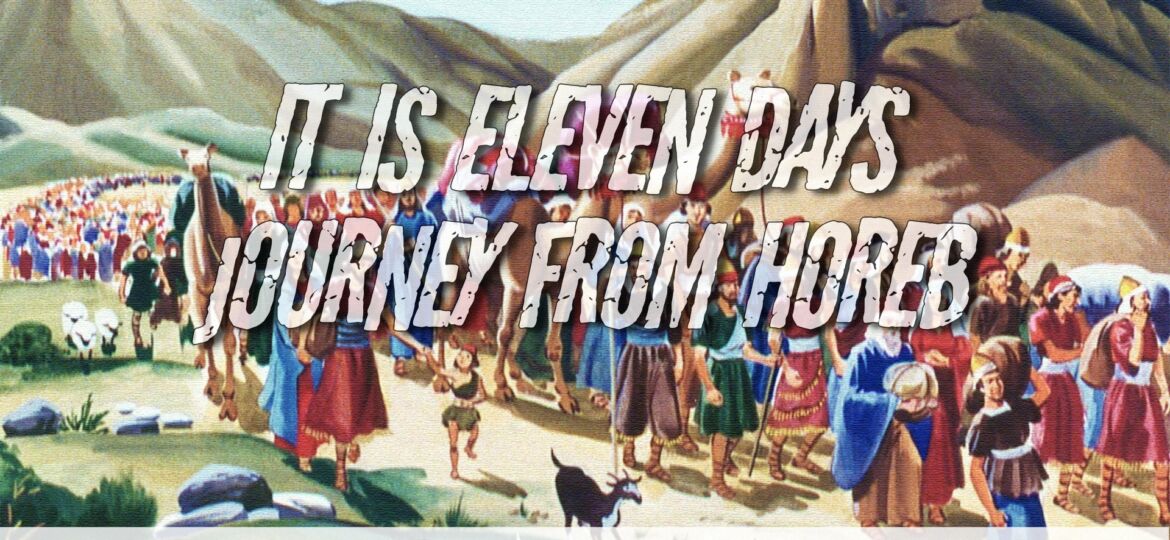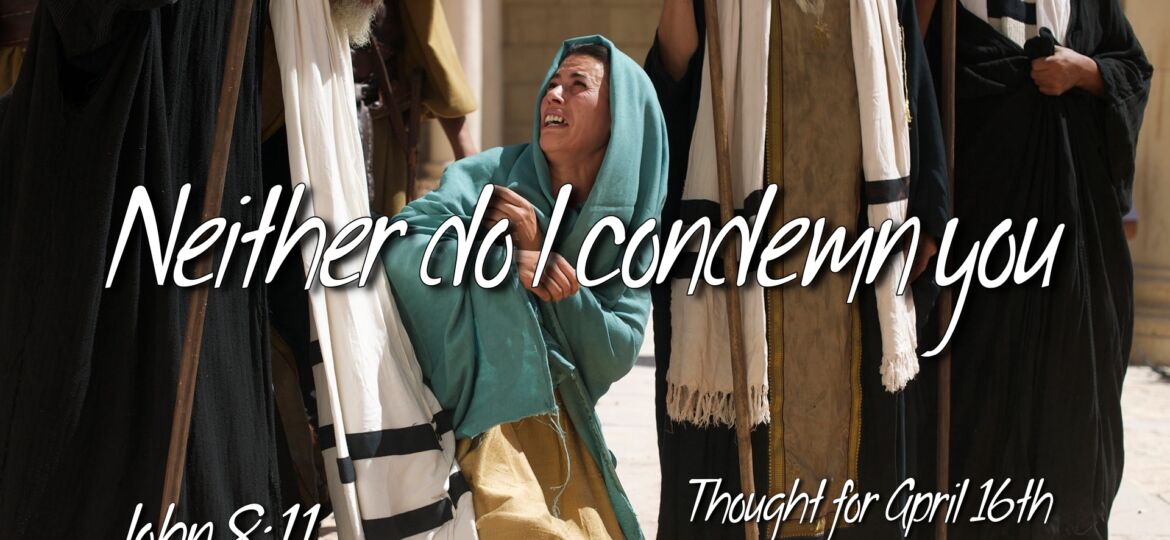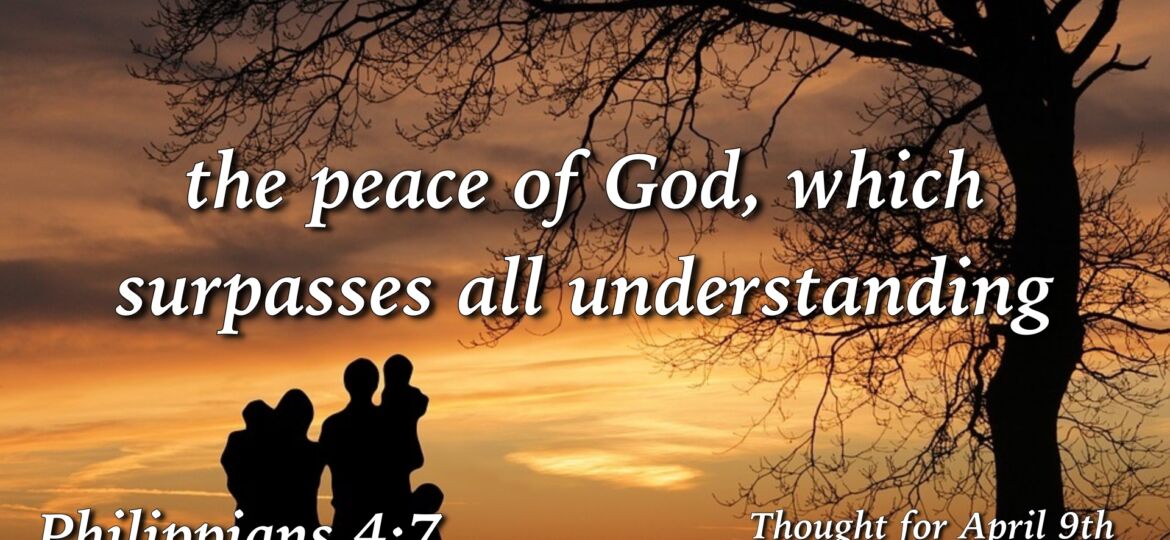Today we start reading the book of Deuteronomy. Its message is very appropriate for believers in our days because it is Moses final exhortation to the Israelites before he dies. He starts by saying, “It is eleven days journey from Horeb (where they camped before the mountain and Moses received the Ten Commandments)…to Kadesh- Barnea.” The latter place is at the edge of their promised inheritance, and from there they sent out the spies! Just 11 days journey; but instead of going on into the land, strong in faith because of all the wonders they had witnessed in escaping from Egypt their faith quickly evaporated and as a result they wandered in the wilderness for 40 years.
All those 20 years old and over died in that wandering. “Not one of these men of this evil generation shall see the good land that I swore to give to your fathers, except …” (the two that had brought back a good report, and their families) [v.35-36] Also many of the Levites, who are not counted with the 12 tribes, also entered the land, such as the younger sons of Aaron; they had proved faithful.
The opening 3 chapters of Deuteronomy show Moses recounting their recent triumphs after leaving the wilderness. They defeated all the nations west of the Jordan. But this final leg of their journey saw the death of those caught up in the temptations in Moab, those whose vision was on the flesh, not on the promised land. That was the final purging of the people, then God saw them as being of a ready mind to enter the promised land.
Now, can we draw a comparison to our days? We are travelling through a spiritual wilderness as this is such a godless world. How many are losing their faith and falling by the wayside, caught in the passing pleasures of this world? We can take examples from Moses, as surely Jesus did! What do we read in Hebrews? “By faith he left Egypt, not being afraid of the anger of the king, for he endured as seeing him who is invisible” [11 v27]. We can endure our wilderness journey if we can see, with the eye of faith, him who is invisible.
[embedyt] https://www.youtube.com/watch?v=Poy39KiLVzo[/embedyt]










